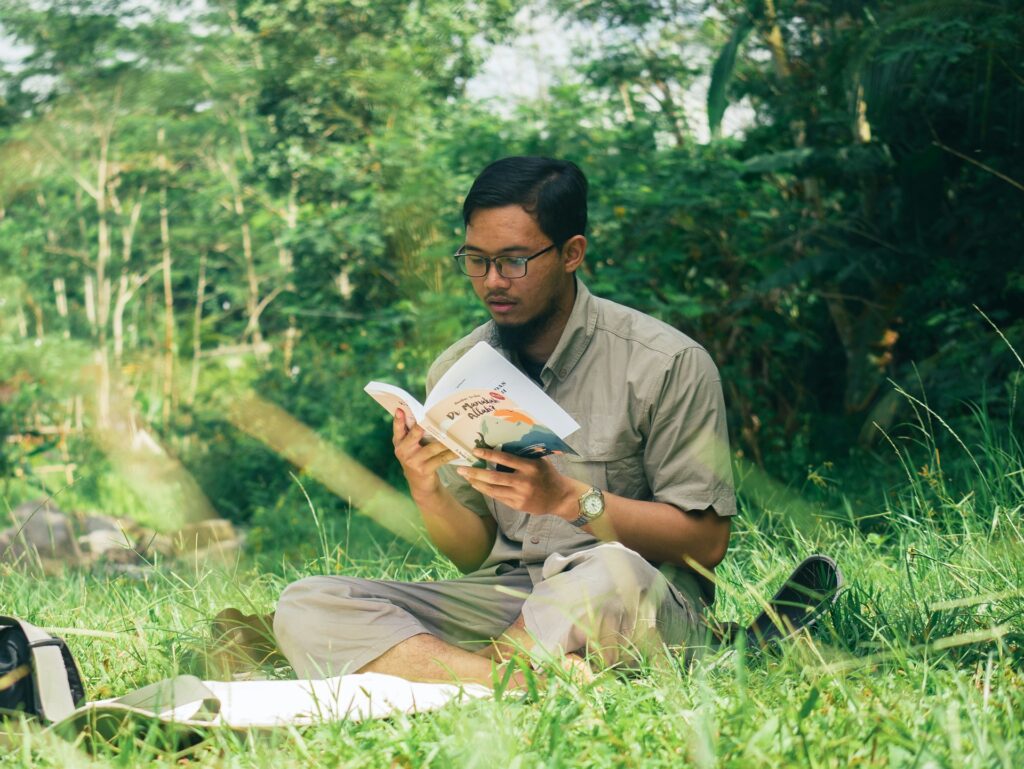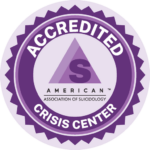Guest Editor – Vanessa Vestergaard
Throughout history, stories have enriched our lives in ways that are uniquely human. After my initial diagnosis—and even today—I turn to the stories of others. Through the chapters of memoirs and biographies, I find comfort and strength, helping me accept my own journey.

Early in my mental health recovery, I read An Unquiet Mind by Kay Redfield Jamison. Now, whenever I have the chance to recommend an author or share a book that has influenced me, I mention her. Jamison’s writing is marked by honesty and raw openness, offering an unfiltered look at living with a mental health condition. She takes a profound risk in sharing her story, bravely documenting her experience with bipolar disorder while working as a doctor in her field. By doing so, she exposes herself to professional scrutiny from colleagues who may equate mental illness with a loss of capability. Yet, within the depth of her writing, she weaves a sense of mysticism while confronting the stark realities of life and death struggles. She brings readers along as she uncovers the complexities of her mind—rising, falling, and ultimately arriving at a deeper understanding of herself.
As I read her book, I felt a powerful sense of connection, a reminder that we are all in this together. One of her most profound messages is that without support and acts of compassion from others, we can easily slip into darkness that is impossible to recover from. Jamison’s deeply personal story gave me a new perspective on my own experiences and I came away with the powerful lesson that healing can be shared through storytelling.
Although memoirs provide poetic and reflective insights into mental health, self-help books serve as practical guides for daily coping. Stories stem from visionaries, but we also need practical goals and structured routines to support recovery and live side by side with our mental health conditions. Reading about how to manage anxiety or depression allows us to make informed choices for better mental health. Self-help books are a guide, allowing us to navigate with expert tools and techniques to navigate life’s challenges. Without them, I might have found myself trapped in helplessness and hopelessness. Through these books, I’ve learned that medication is only part of the equation—self-talk, nutrition, and exercise also play essential roles. There is no single cure-all, but a holistic approach makes healing more attainable. So I find, in my experience with reading, I am able to utilize many helpful methods to achieve an increased, positive mental well-being.

Reading is truly one of life’s greatest gifts. It opens us to possibilities and offers a hope that is both tangible and real. I encourage everyone to read widely—to learn from experiences that may or may not mirror their own. Each story contributes to our shared humanity. Without reading, we risk becoming lost in chaos, unable to form opinions or develop the skills necessary to navigate life. Books allow us to understand the diverse human experience, and for that, I am grateful. Most importantly, stories reach us in the most sacred of spaces, quietly guiding us toward deeper meaning—whether in our own lives or in the lives of others.
For those of us on a mental health journey, reading should be a personal duty, an essential tool for recovery. Each book we open offers insight, perspective, and wisdom—whether we choose to embrace it or not. As Joan Didion famously wrote, “We tell ourselves stories in order to live.” To that, I would add: we grow by their necessary light, allowing us to live fully as ourselves.

